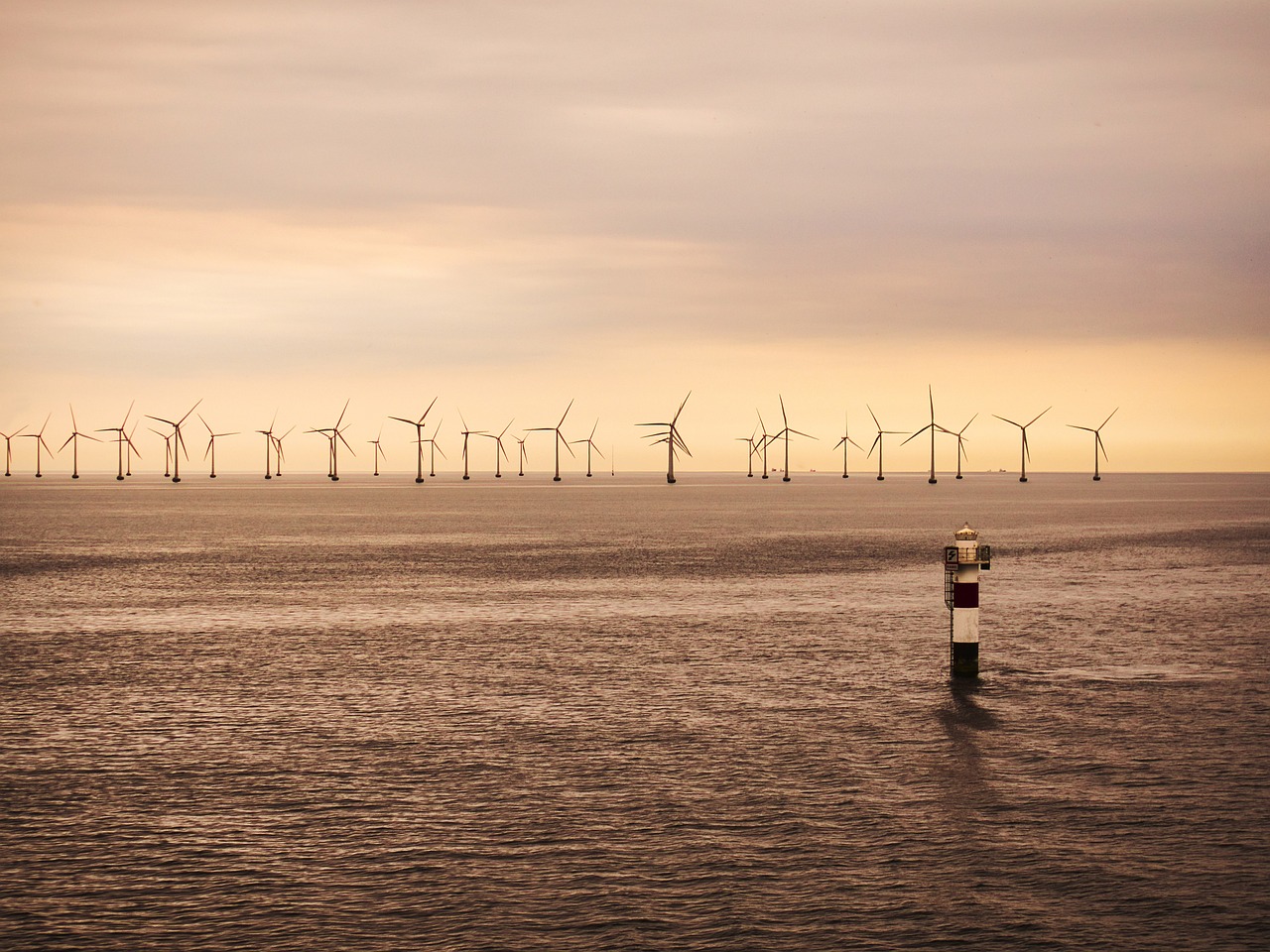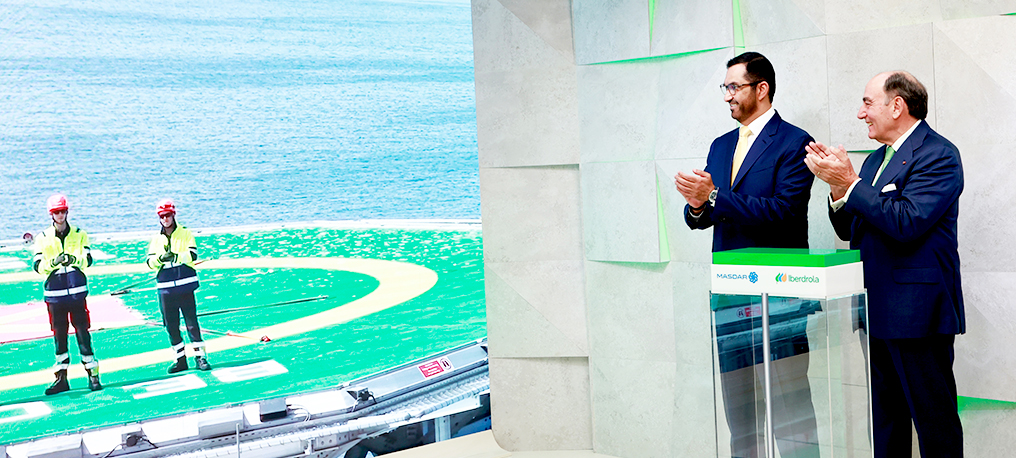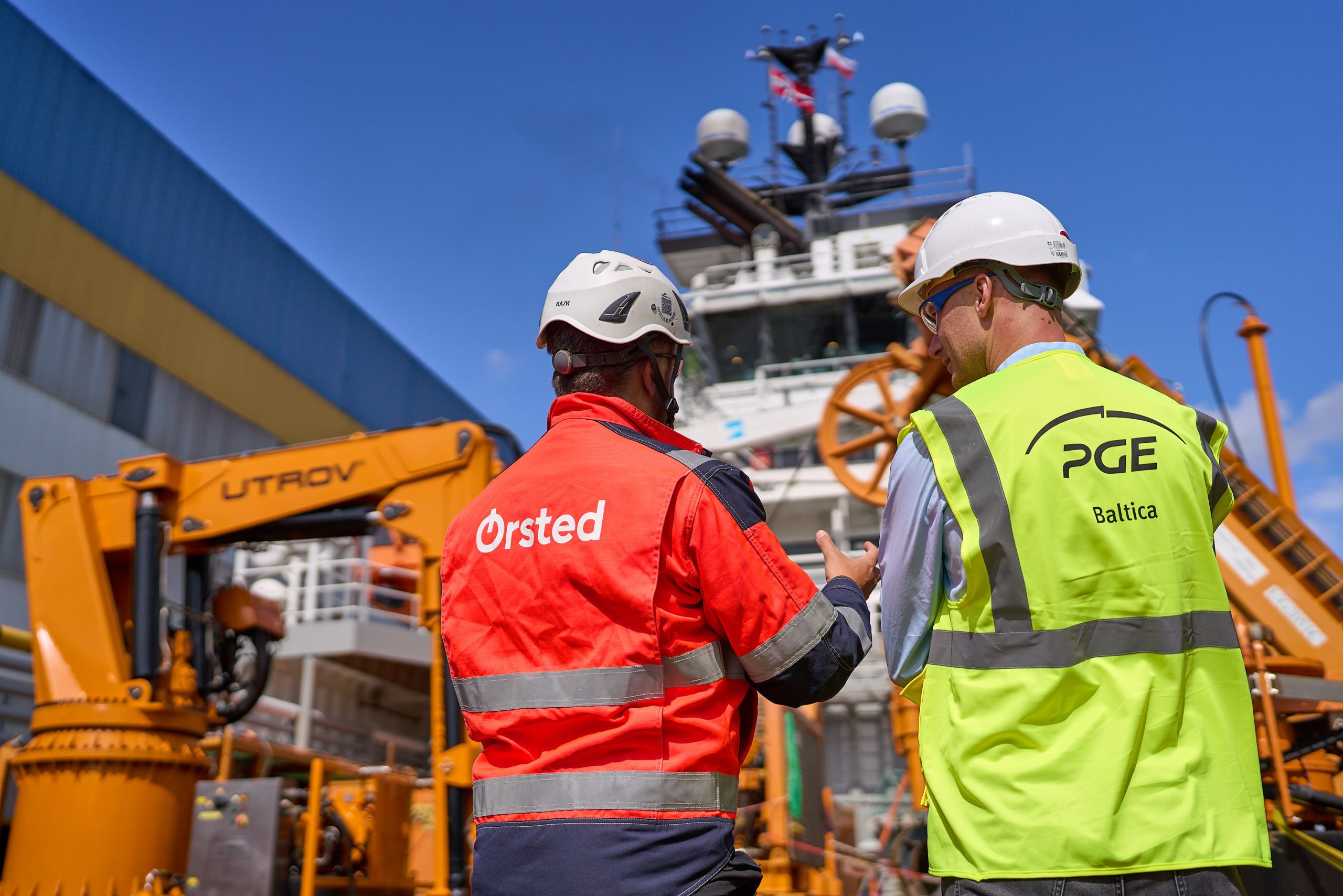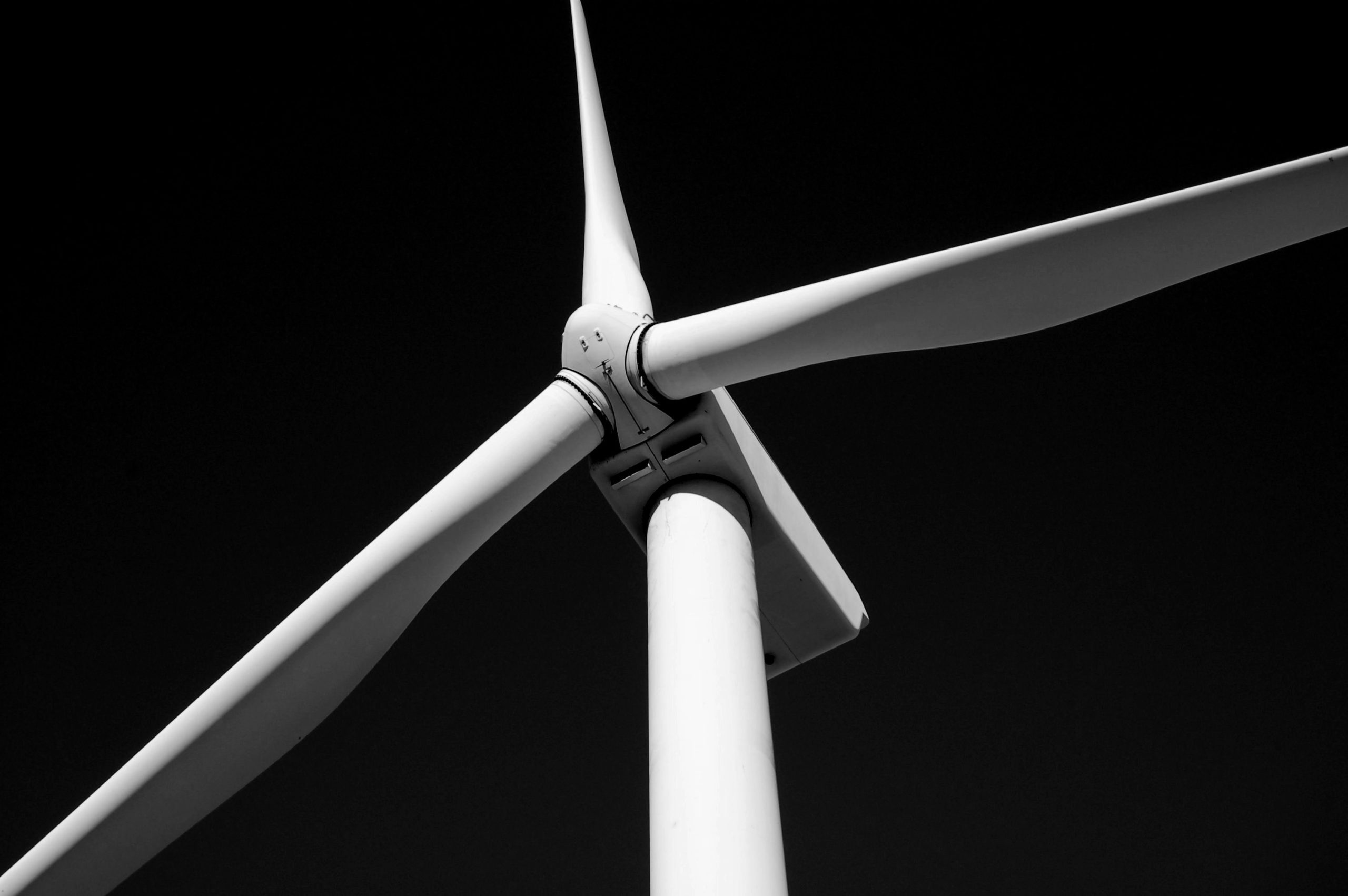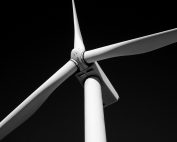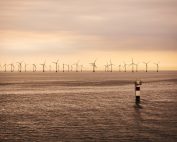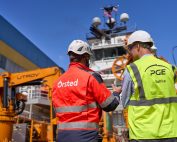The real potential of offshore wind energy in Poland and the necessary changes in the regulatory framework to fully exploit this potential were the main topics of the Offshore Wind Poland conference organized by PWEA on 16 and 17 October in Warsaw. The industry is counting on rapid changes and resolutions. Deputy Minister for Climate and Environment, Government Plenipotentiary for Renewable Energy Sources, Ireneusz Zyska assured that the government is working on an amendment to the law on offshore.
“Offshore wind energy is becoming a raison d’etre,” argued Janusz Gajowiecki, President of the Polish Wind Energy Association (PWEA), the conference organiser, at the two-day Offshore Wind Poland conference.
The industry is convinced that the Polish offshore potential in the Baltic Sea is as high as 33 GW of power, which could allow the production of over 130 TWh, according to a report commissioned by PWEA and entitled “The potential of Offshore Wind Energy on the Baltic”, which was presented at the conference. However, for this to happen, urgent changes to the law are needed. These are the main conclusions of the conference. For two days, experts from the offshore wind energy industry discussed how to use the potential of Polish maritime areas and stimulate the development of offshore wind energy (OWE) and what should the further development of OWE look like in the context of the REPowerEU assumptions and European experience? During the panel discussions, the main challenges in project development in phase I and phase II were analysed.
“Urgent regulatory changes to the support mechanism are needed if the first phase of offshore wind is to be realised as intended. The whole sector is waiting for the outcome of the location permits (called PSZW) tender for the second phase of projects. Delays in this process may affect the timing of the auctions,” said Agata Staniewska-Bolesta Managing Director Offshore at Ørsted Polska.
“In order to build offshore wind farms in the Baltic at the planned capacity, we need to accelerate regulatory, administrative, design and investor activities,” pointed out Michał J. Kołodziejczyk, CEO of Equinor Polska.
A huge problem is the supply chains, as pointed out by Małgosia Bartosik, vice-president of WindEurope – The huge financial losses in this chain are a significant obstacle to the development of offshore wind energy. Although the European Union has very ambitious climate targets and believes in offshore wind power, the current situation threatens the projects. According to Małgosia Bartosik, in four years’ time, the industry may already have a problem with the supply of foundations, as their producers are burdened for the next three years.
The offshore wind industry is calling for specific changes due to pressure on developers, supply chains and inflationary pressures. The necessary changes to the law must reflect what has happened in the market. Among other things, the companies are calling for the enactment of inflation indexation since the first Energy Regulatory Office (URE) decision, last year. And also a reduction of the financing burden for investors and consumers, which is related to the fact that most of the costs are incurred in euro, so tying the differential contract to the euro would reduce the cost of financial hedging. Another demand is to reduce the burden of the permitting process, as well as to increase investment in transmission networks. There is a need for acceleration since 15.3 GW of offshore wind power capacity would be built by 2035 under Phase I and Phase II.
“It will take 14 years from the first location permit to the commissioning of the first windmills of phase I in 2026,” pointed out Michał J. Kołodziejczyk, President of the Management Board of Equinor Polska.
“I am convinced that we are just rediscovering the Baltic Sea. For hundreds of years, the sea has been important to Poland because of issues of shipping, fishing, and deep-sea trade. It was also a safety issue. But at the moment, offshore wind energy is coming to the fore as a role of our sea that can serve the Polish economy for decades to come,” said Ireneusz Zyska, Deputy Minister for Climate and Environment and Government Plenipotentiary for Renewable Energy Sources, during the first day of the conference.
He argued that the government is working on an amendment to the RES and offshore acts, and the planned changes should respond to the demands made by the offshore wind energy industry.
“The emergency situation related to the energy crisis, price increases, prompted us to accept the industry’s demands. The bill provides for the valorisation of the granted support already from the first decision of the President of the Energy Regulatory Office (URE), and I would like to remind you that for all projects decisions were issued until the end of June 2021,” said Minister Zyska.
The current provisions assume that the valorisation of prices under the support granted to an offshore project takes place from the moment the URE President issues the final decision on the level of support. The changes are also intended to allow negative balances to be settled using a maximum price expressed wholly or partly in euros to avoid exchange rate risk.



